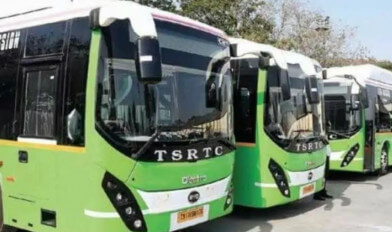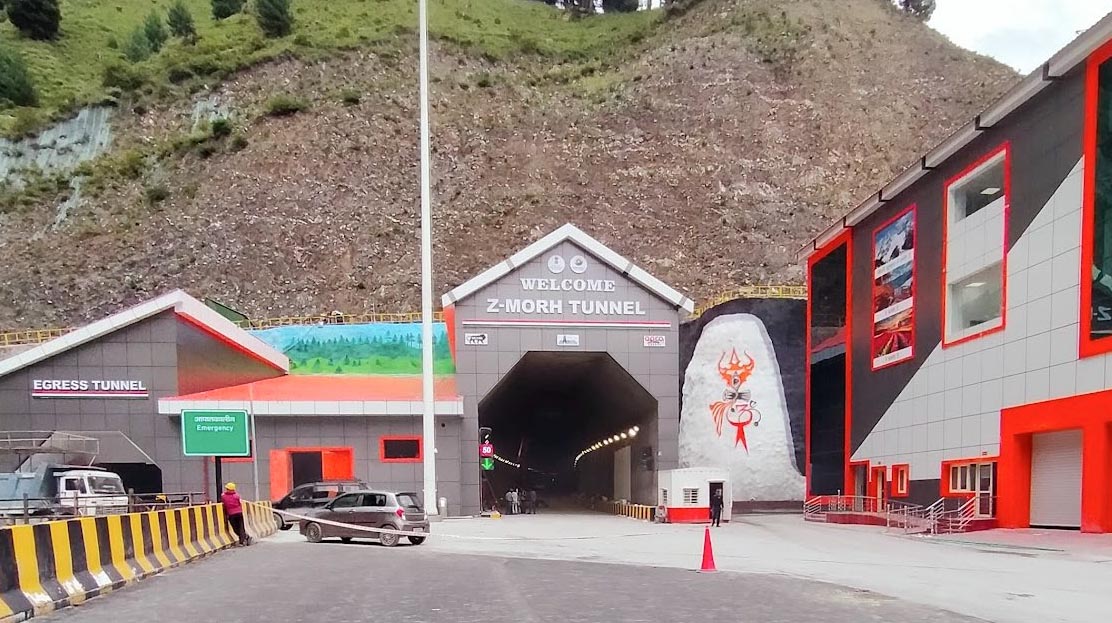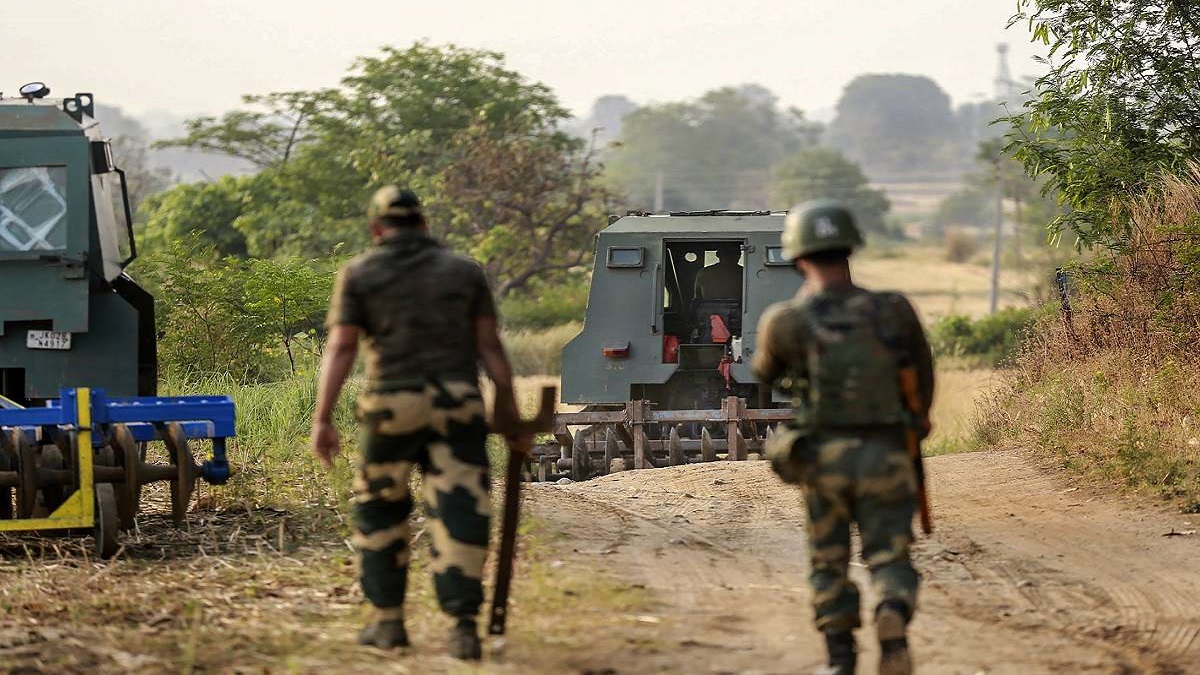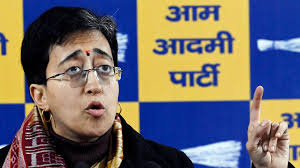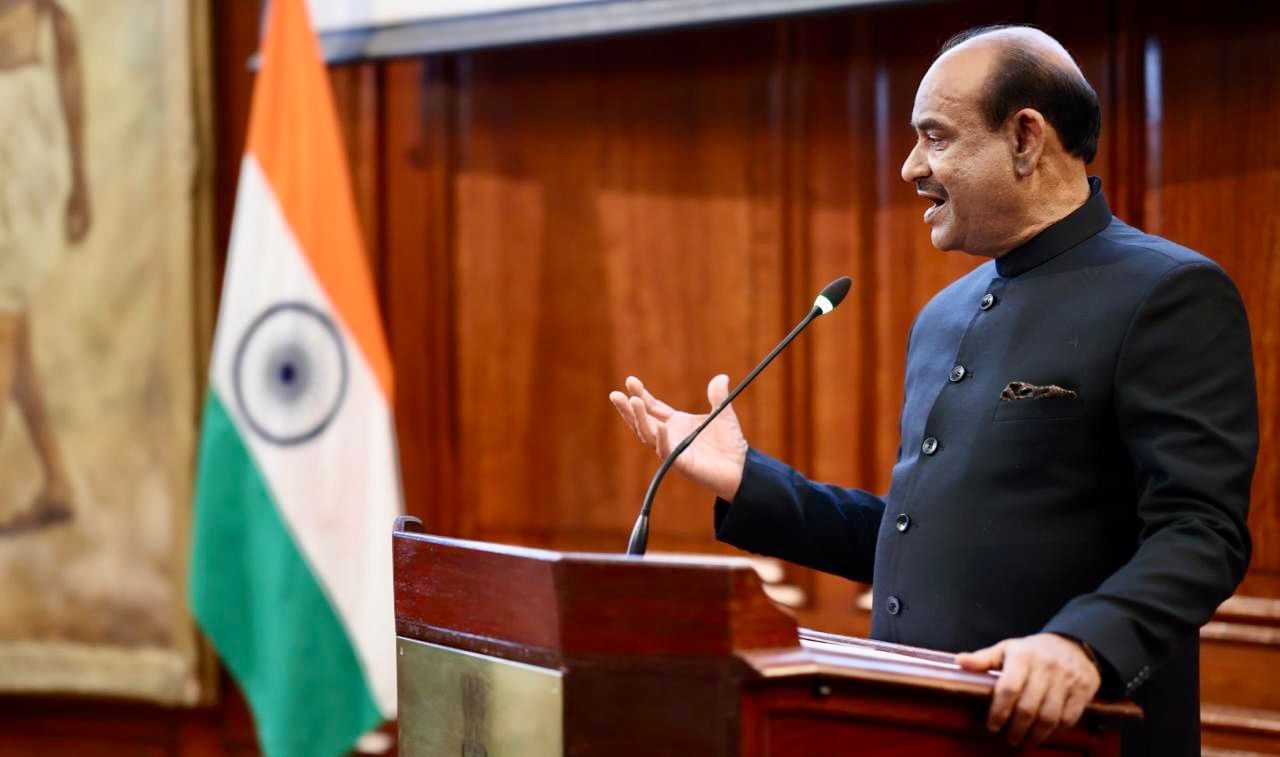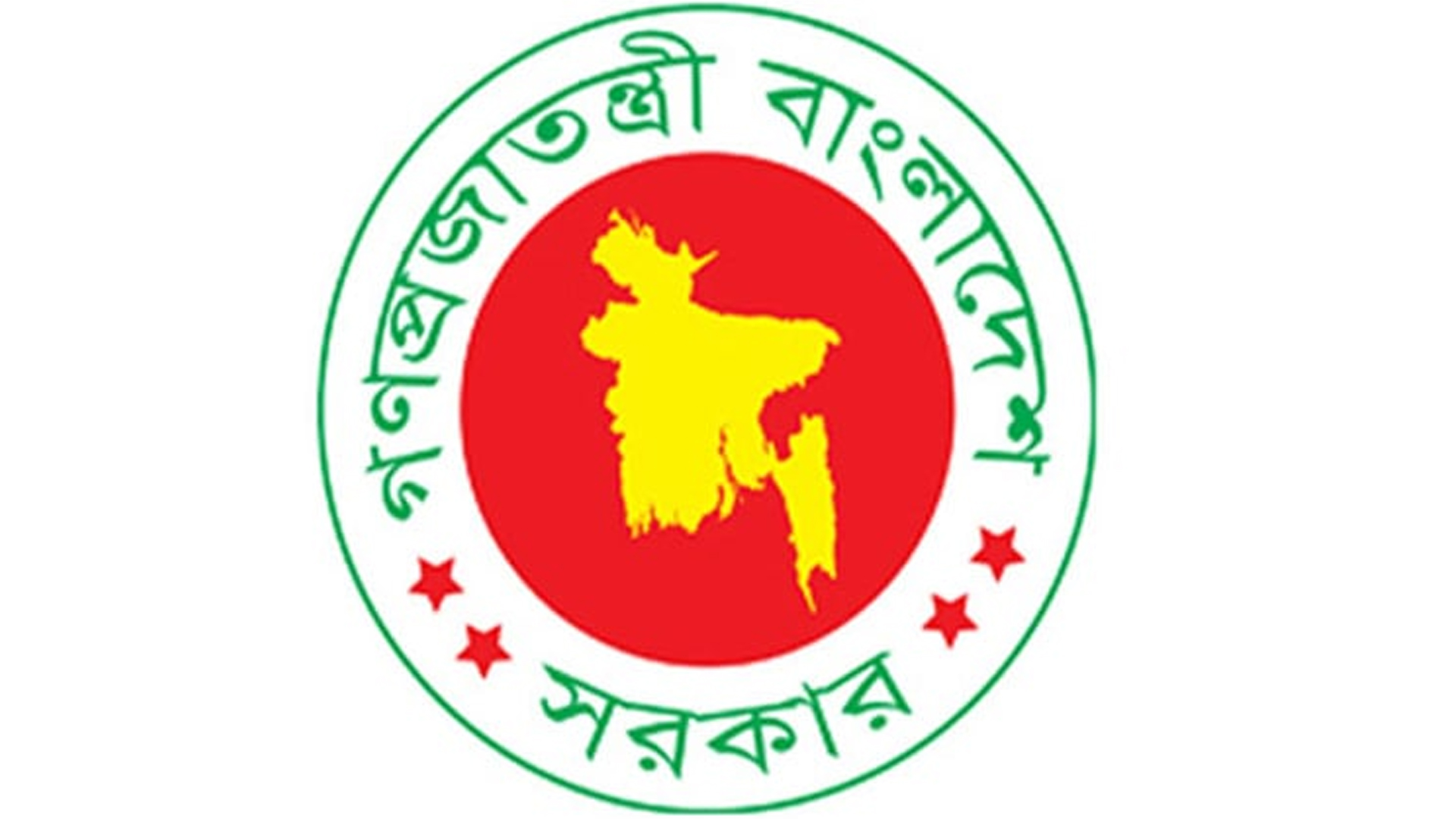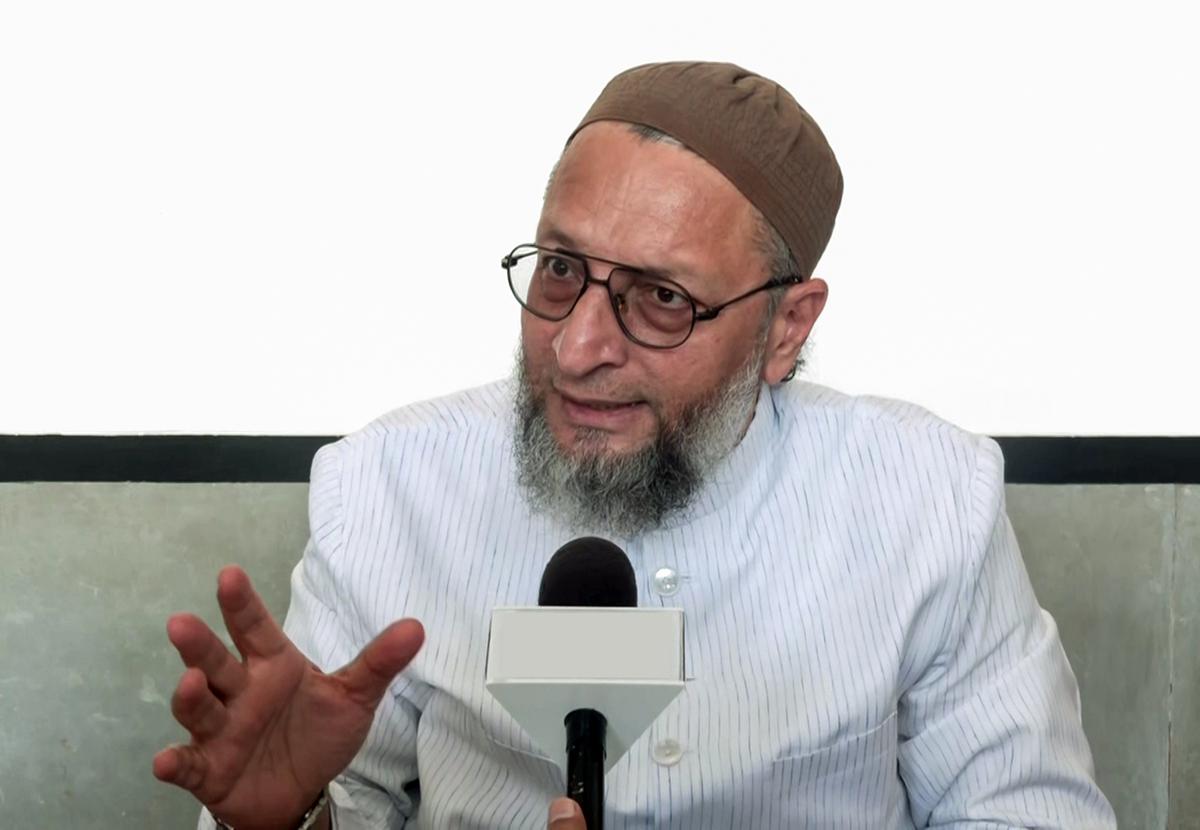CM KCR passes new Revenue bills in Telangana Assembly
Sat 12 Sep 2020, 09:49:04
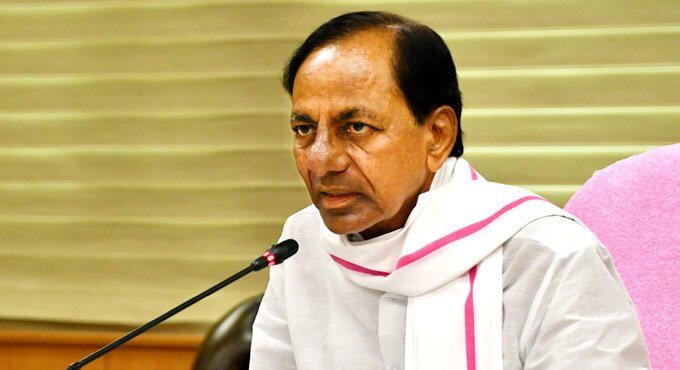
The Telangana Assembly on Friday passed various Bills to bring major reforms in the state’s Revenue Department by reducing human interface for land transactions.
The government has scrapped the posts of Village Revenue Officers (VROs) and Village Revenue Assistants (VRAs).
With the new enactments, record of rights relating to lands will be maintained in electronic form in the Telangana Land Records Management System for ensuring hassle-free revenue administration.
Following a debate, the Assembly passed The Telangana Abolition of the Posts of VROs Bill, 2020, The Telangana Rights in Land and Pattadar Passbooks Bill, 2020 and other Bills.
Stating that it is the first step towards a new revenue system, Chief Minister K. Chandrashekhar Rao said it would address almost all land-related issues.
“These bills are only the first step in ushering revenue reforms in the State. Though providing conclusive titles to land owners could put an end to land disputes in the State, we still have a long way to go to establish complete reforms which will require enactment of some more laws and abolition of others,” Chief Minister K Chandrashekhar Rao said, replying to issues raised by legislators during the discussion on the Bills.
Reiterating that the State government was neither abolishing the old Revenue Acts nor was it superceding them with the launch of Dharani portal, Chandrashekhar Rao said: “We had about 160 to 170 laws in erstwhile Andhra Pradesh which were brought down to 87 in Telangana State after repealing old and
irrelavant Acts.
irrelavant Acts.
Now, the Dharani website will be used as a tool to reduce corruption and improve transparency. This is not the only solution to end all our woes,” he clarified, adding that the new Revenue Act will be a collection of various laws.
The Chief Minister revealed that 87,000 acre endowment land and 55,000 acre Waqf land are under encroachment.
On a demand by All India Majlis-e-Ittehadul Muslimeen (AIMIM) leader Akbaruddin Owaisi, he announced that registration of Waqf land will be stopped from Saturday.
He promised to protect both endowment and Waqf lands.
KCR said his government will not make a false promise of distributing lands as the government has no land to distribute.
He said under the new Revenue Act, no official will have discretionary power.
Tehsildars and Revenue Divisional Officers (RDOs) would continue to function but they would not have powers like in the past.
The revenue courts presided over by tehsildars, RDOs and joint collectors will be abolished and people will need to approach civil courts for resolution of disputes.
The government will constitute 16 fast track tribunals to dispose of 16,135 pending cases.
Accordingly, tehsildars would be made joint sub registrars and would be asked to deal with agricultural land. Registrations pertaining to the non-agricultural lands would be dealt with by sub-registrars in 141 offices spread across the state.
No Comments For This Post, Be first to write a Comment.
Most viewed from Hyderabad
Most viewed from World
AIMIM News
Asaduddin Owaisi questions PM Modi's China policy
Jan 08, 2025
Owaisi slams UP over police post near Sambhal mosque
Dec 31, 2024
Owaisi hails SC order on Places of Worship Act
Dec 13, 2024
AAP Corporator Tahir Hussain joins AIMIM party
Dec 11, 2024
Latest Urdu News
Most Viewed
May 26, 2020
Which political party will win the Delhi Assembly polls to be held on Feb 5?
Latest Videos View All
Like Us
Home
About Us
Advertise With Us
All Polls
Epaper Archives
Privacy Policy
Contact Us
Download Etemaad App
© 2025 Etemaad Daily News, All Rights Reserved.

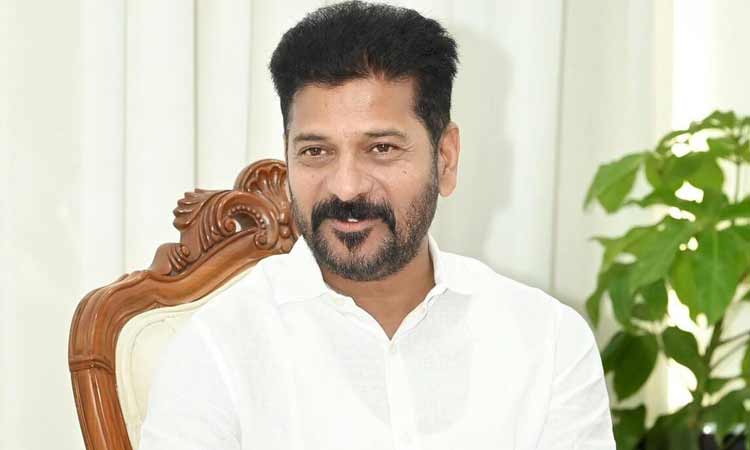
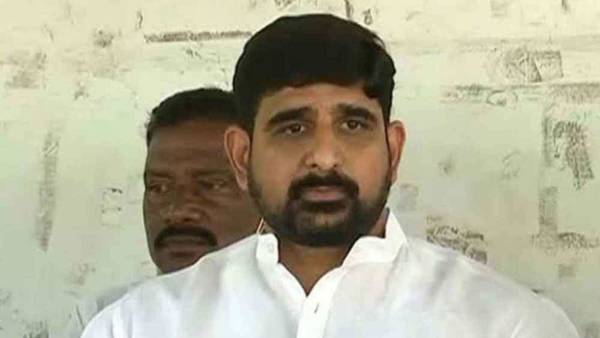

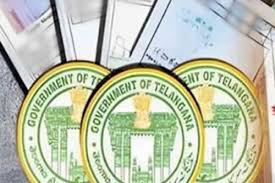
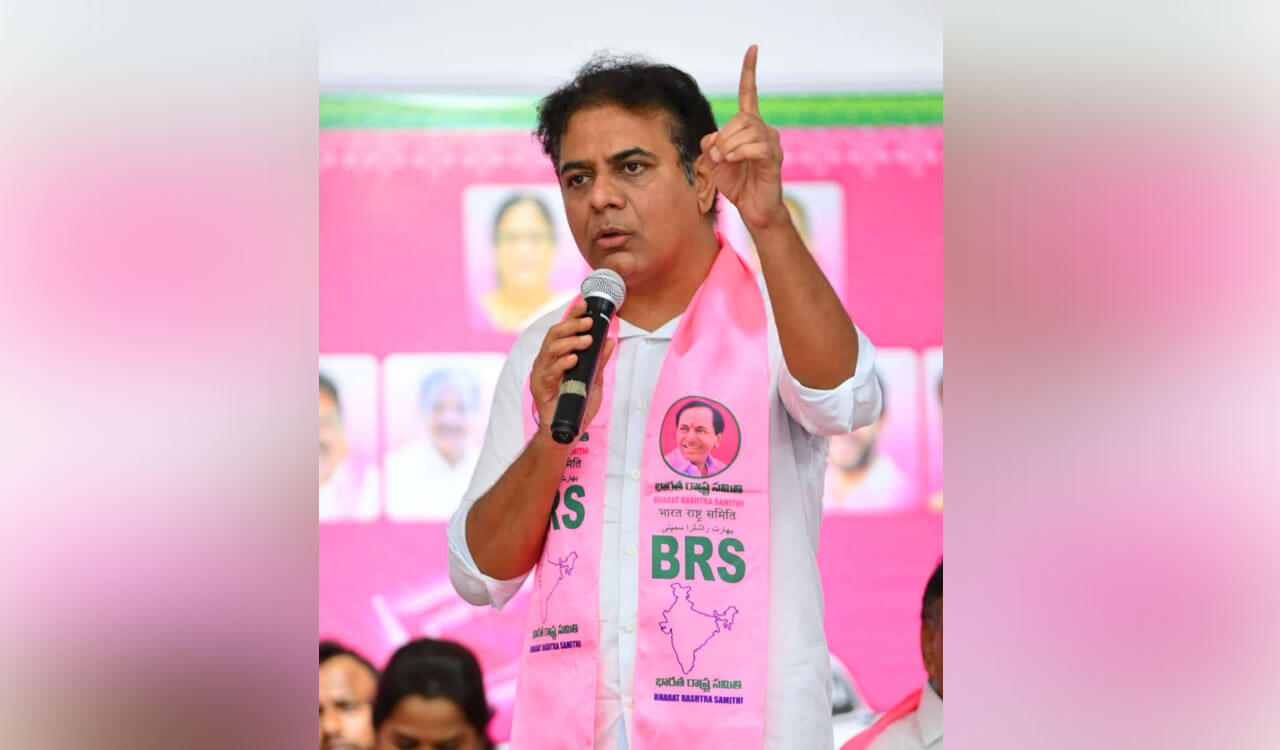


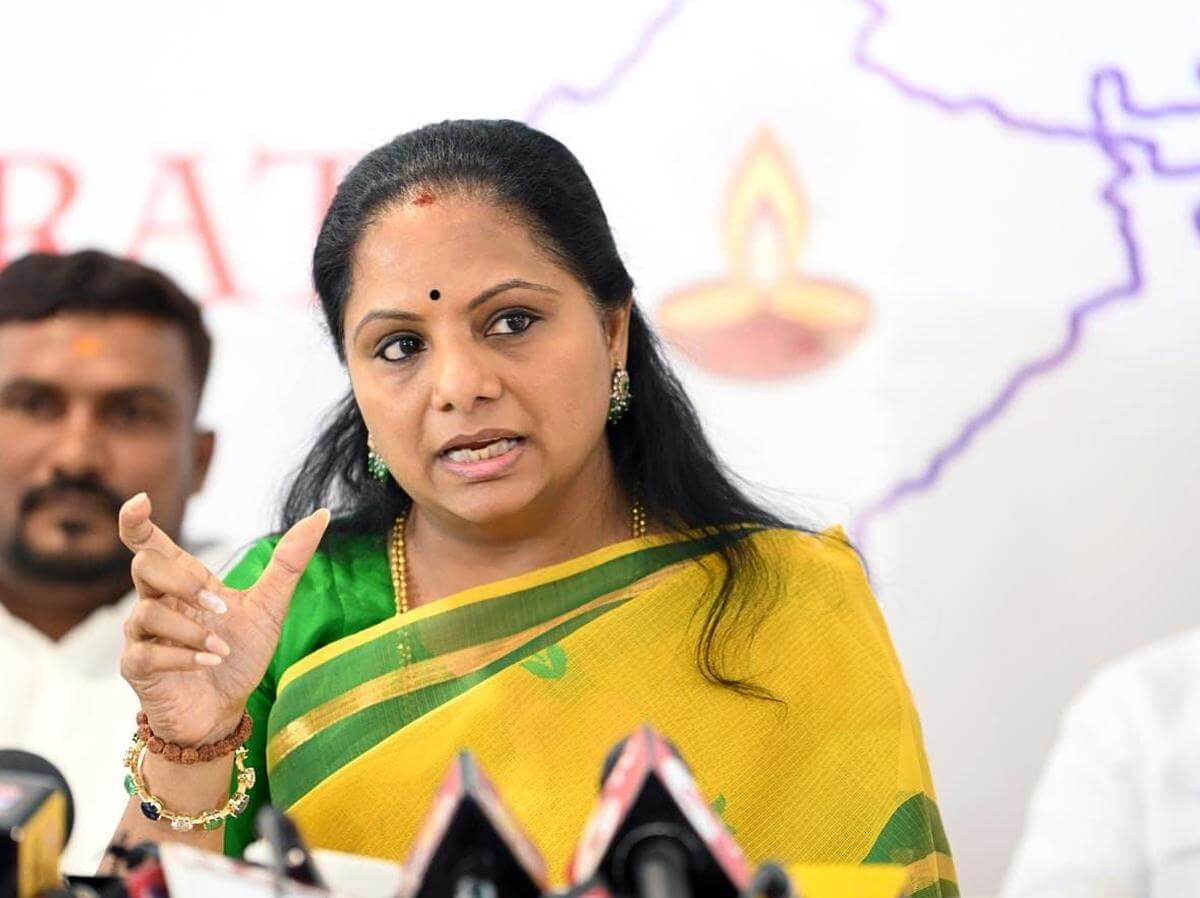
.jpg)

